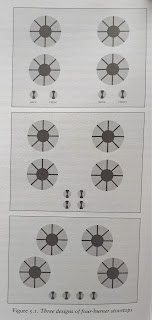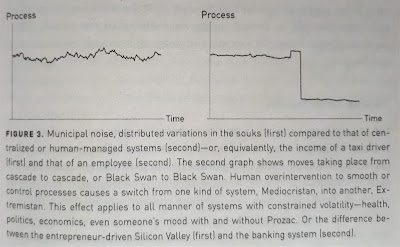When Intelligence Defeats Itself
Book Review: David Robson, "The Intelligence Trap: Why Smart People Make Stupid Mistakes -- and How to Make Wiser Decisions", Hodder & Stoughton, 2020. [Alternative subtitle: "Revolutionise your thinking and make wiser decisions".] The Intelligence Trap is the story of how Nobel Prize-winning scientist Kary Mullis could believe in alien abductions, astrology, and AIDS denialism; how the Sherlock Holmes author Arthur Conan Doyle could believe in spiritualism and fairies; how Apple co-founder Steve Jobs could believe in a fruit juice diet as the cure for his cancer; how FBI fingerprint experts could have falsely accused Brandon Mayfield of the 2004 Madrid bombings; and how a team of engineers could have missed the warning signs before the Deepwater Horizon disaster of 2010. The idea that intelligent people can be foolish is not a new one: there is a volume titled Why Smart People Can Be So Stupid , edited by Robert J. Sternberg (2002), and various related...

